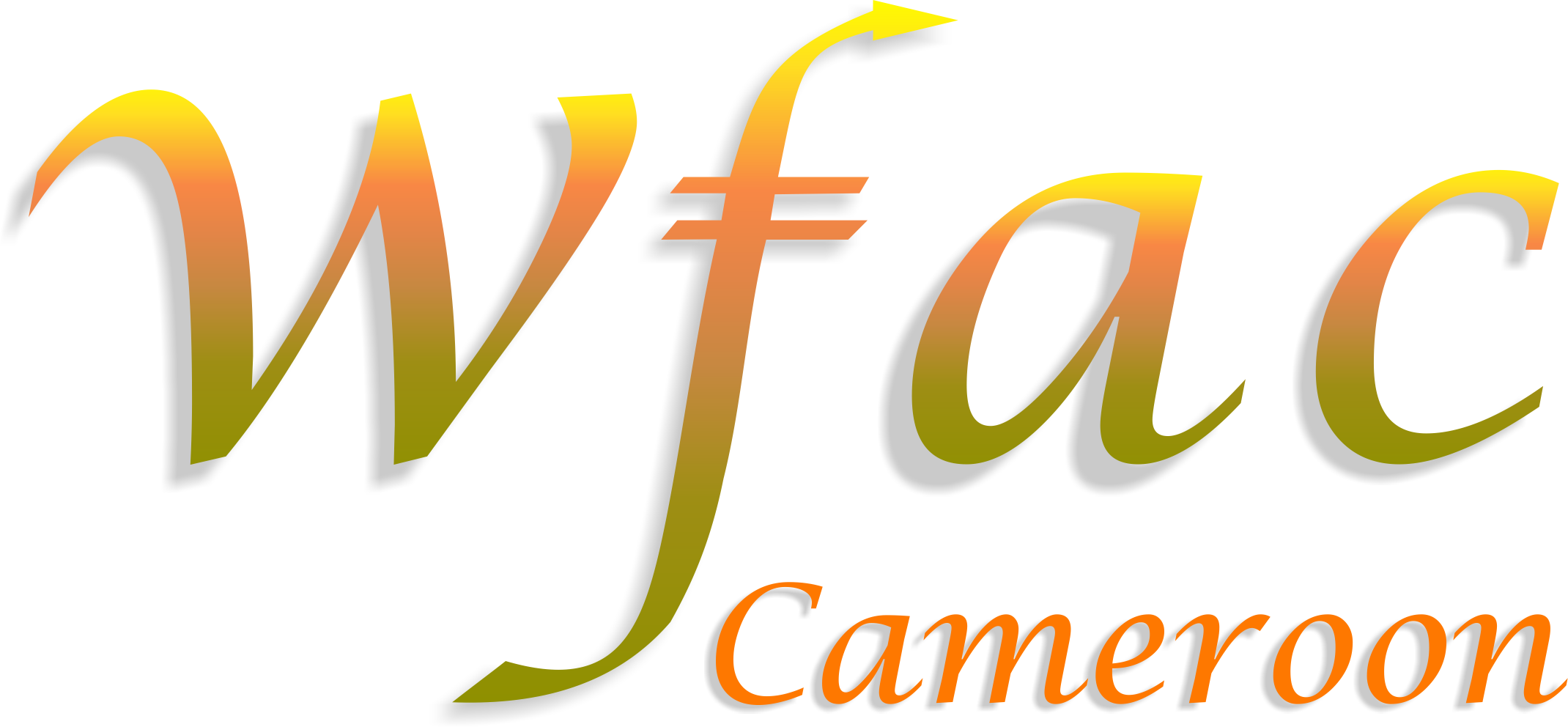“At the Lusaka, Zambia AADPD10 /ICPD30 meeting, I witnessed with dismay and a heavy heart how a few insecure “men” would haul for several hours, intergovernmental negotiations on rights of women to choice and bodily autonomy…” a deep concern shared by Women for a Change, ED, Zoneziwoh Mbondgulo-Wondieh who attended the ICPD30/AAPD+10 in Lusaka, Zambia and was also in Addis in 2013 and witnessed the adoption of the Addis Ababa Declaration.
“This has been a pattern for decades and every year, it’s the same behaviour and attack on women’s rights” she adds.

In November 2023, Women for a Change took part in the ICPD30 / AADPD10 Pre-conference meeting on Youth, CSOs and Major Groups including the 10th annual meeting of APEC and Ministerial Expert Meeting, hosted by UNFPA and its partners and allies in Lusaka, Zambia. The meetings welcomed the participation of over 100 youths and CSOs leaders in attendance, including 40 governments who attended the APEC and Ministers in Charge of Population, including the specialised technical committee on health, population and drug control (STC-HPDC-4).
The journey in safeguarding women’s rights especially when it comes to respecting women’s bodily autonomy, agency and choice cannot be left in the hands of some insecure “men” who unfortunately hold elected and appointed posts of offices and at the same time happens to be the ones entrusted with the decision and power to speak “fairly” for women and girls during intergovernmental negotiations. Ten years ago, Wfac was privileged to be a delegate at the ICPDBeyong14 meeting which led to the adoption of the Addis Ababa Declaration. The AADPD which came into existence in 2013, adopted by African heads of states and government in 2014 is described as the African ICPD. The event in Zambia saw the participation of over 40 African governments and ministers, including hundreds of young people, SRHRJ leaders and CSO leaders across the continent, who all reported on their countries progress, challenges and lessons learnt. The ICPD/AADPD is essentially about rights, particularly SRHR with a centrality on population and development. The AADPD which is the localised version of the ICPD has 88 commitments grouped under 6 pillars. Notably;(1) Dignity and Equality, (2) Health, (3) Place and Mobility, (4) Governance, (5) Data and Statistics, (6) Partnerships and International Cooperation.

30 years later and 10 years after the AADPD, Wfac is delighted to join African youths in all their diversities and differences, CSOs, Major Groups including African population experts committee (APEC) and ministers in charge of population in Lusaka, Zambia between November 5-10, 2023 to take stock and review the 10-Year implementation of the Addis Ababa Declaration on Population and Development (AADPD). The event which was a result of series of multi stakeholder consultations and meetings, desktop reviews and analysis of country reports on the challenges, lessons learned in implementing the AADPD, aimed at taking stock on the progress, achievements and challenges in the implementation and realisation of the ICPD PoA and the AADPD, through the collection and synthesising of the Youth, CSO and Major Groups’ collective perspectives, priorities and needs. Attending the meeting, Wfac noted the following remarks:
Consultant Report on continental appraisal on AADPD 10 years later: The Global review on Africa’s performance in the realisation and implementation of the ICPD/AADPD over the last 30 and 10 years respectively, stated that there are significant progress over the last decade in terms of neonatal mortality, girls’ education, poverty alleviation, access to SRHR services such as unmet needs, job creation and skills acquisition among youths, maternal health and access to contraceptives. However, amidst this progress, the continent is still faced with huge setbacks and challenges, which was further worsened by the global COVID19 pandemic. Some of the setbacks include but not limited to poor data availability disaggregated by sex, economic status, gender etc, weak governance.
Linking the AADPD with the SDGs and Demographic Dividend: The AADPD cannot be addressed independently without linking it with these two important frameworks: SDGs and the Africa’s Agenda of 2063. Though attempts were made by some governments, the recommendations which came out from the meetings was that it was important for these important frameworks to be delivered together.
Youth, CSOs and Major Groups recommendations calls on African government to be more intentional and intersectional in delivering the ADDPD: The CSOs/Youth and major group recommendations which came as a result of series of intergenerational consultations of over 100 CSOs and Youth leaders called on member states to support the meaningful participation of CSOs/Youth engagement in all processes leading to ICPD30/AADPD10. The statement also called on AU leadership in ensuring that Africa governments live up to their commitments by reporting and investing in realising of youth SRHR.
Low representation of both youth and CSOs from the central African countries. During the pre-conference, only 3 delegates (notably two Cameroon and one from Chad) attended this event. While at the APEC and ministerial meeting, only one delegate attended the meeting.



